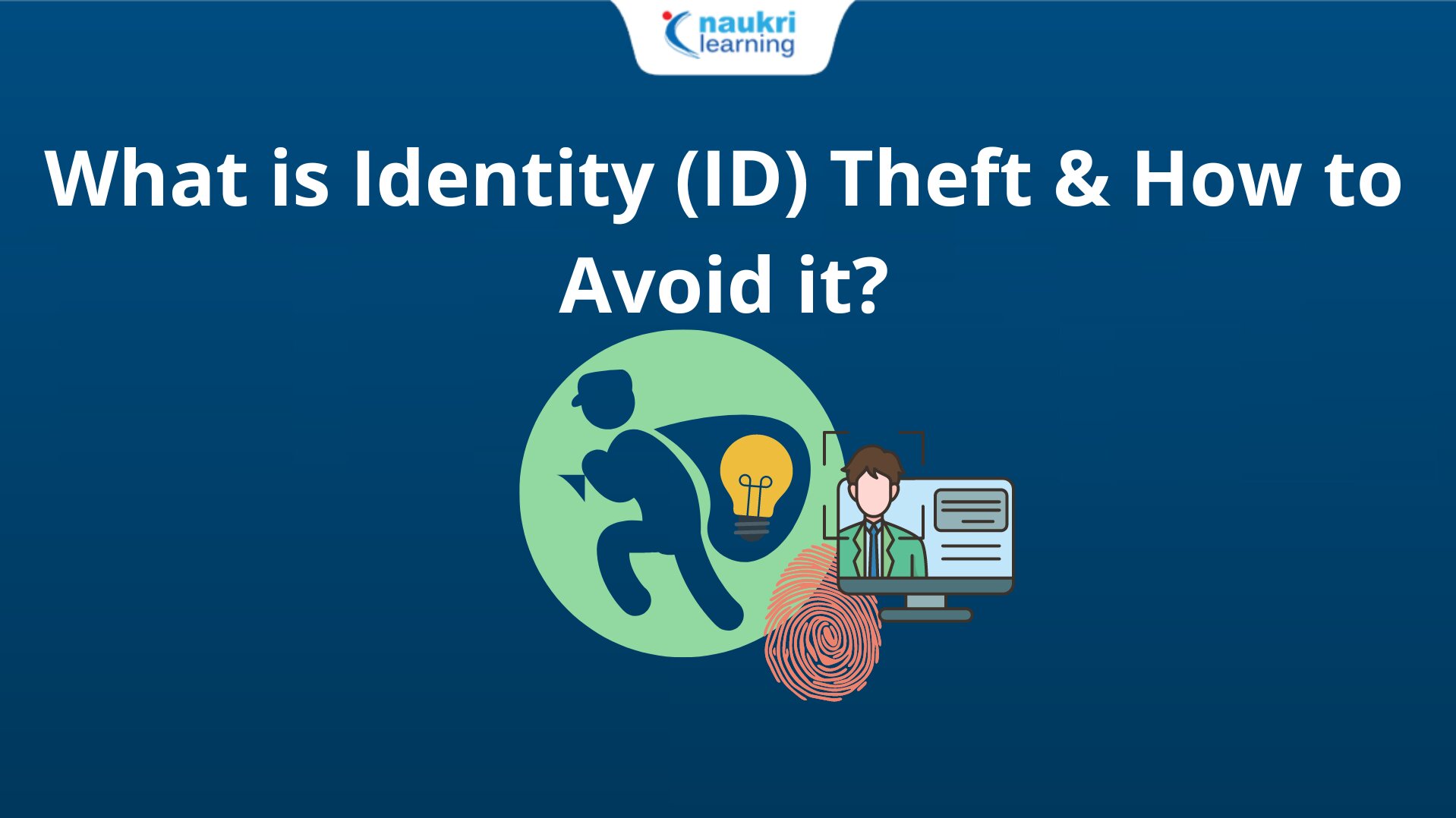In today’s digital age, the risk of identity theft online is higher than ever. With cybercriminals constantly finding new ways to steal personal information, it’s crucial to take proactive measures to protect yourself and your online identity. In this blog post, we’ll discuss five essential tips for avoiding identity theft online. From using strong passwords to securing your internet connection, implementing these strategies can help safeguard your sensitive information and prevent unauthorized access to your accounts. Whether you’re a frequent online shopper or simply use the internet for everyday tasks, taking steps to enhance your online security is vital. By following these tips, you can minimize the risk of falling victim to identity theft and enjoy a safer and more secure online experience.Protect your online security with strong passwords, 2FA, cautious sharing, bank account monitoring, and secure internet connection. Avoid cyber threats.
Use strong passwords
Use strong passwords
In today’s digital age, the risk of identity theft online is more prevalent than ever. One of the first lines of defense against identity theft is to use strong passwords. It’s important to create passwords that are not easily guessed or cracked by cybercriminals. Avoid using common words, names, or dates, and instead opt for a combination of letters, numbers, and special characters.
When creating a new password, it’s recommended to use a mix of upper and lower case letters, as well as symbols. For example, P@ssw0rd! is a much stronger password than password123. Additionally, consider using a password manager to generate and store complex passwords for various online accounts to further prevent identity theft.
| Use strong passwords: | – Create unique passwords for each account | – Use a mix of characters | – Consider using a password manager |
|---|
Enable two-factor authentication
Enable two-factor authentication
One of the most effective ways to prevent identity theft online is by enabling two-factor authentication across all of your accounts. Two-factor authentication adds an extra layer of security by requiring not only a password but also a second form of verification, such as a code sent to your phone or email. This makes it much more difficult for hackers to gain access to your accounts, even if they have your password.
When it comes to preventing identity theft online, it’s crucial to take proactive measures to protect yourself. By enabling two-factor authentication, you can significantly reduce the risk of unauthorized access to your personal information and financial accounts. Additionally, make sure to use unique and secure passwords for each of your accounts, and regularly update them to further strengthen the security of your online presence.
| Steps to enable two-factor authentication: |
|---|
| 1. Go to your account settings |
| 2. Navigate to the security or privacy section |
| 3. Look for the option to enable two-factor authentication |
| 4. Follow the prompts to set up two-factor authentication for your account |
Be cautious with personal information sharing
Be cautious with personal information sharing
One of the most important ways to prevent identity theft is to be mindful of how and with whom you share your personal information online. Identity theft occurs when someone steals your personal information and uses it without your permission, often for financial gain. By being cautious with your personal information sharing, you can reduce the risk of falling victim to identity theft online.
When sharing personal information online, it’s crucial to only provide it to trusted and reputable sources. Be wary of identity theft scams that may attempt to trick you into revealing personal information. Always verify the legitimacy of the website or individual requesting your information before sharing anything sensitive. Additionally, avoid oversharing personal details on social media platforms, as this information can be exploited by cybercriminals for identity fraud.
Regularly monitor bank accounts
Regularly monitor bank accounts
Identity theft is a serious issue that can wreak havoc on your personal finances and credit. One way to protect yourself from identity theft is by regularly monitoring your bank accounts. By keeping a close eye on your account activity, you can quickly identify any unauthorized transactions and take action to prevent further damage.
Another important aspect of preventing identity theft is to regularly review your credit reports. This can help you spot any unauthorized activity or accounts opened in your name, allowing you to take steps to rectify the situation. By staying vigilant and regularly monitoring your financial accounts, you can reduce the likelihood of falling victim to identity theft.
Secure your internet connection
Secure your internet connection
One of the most important steps to prevent identity theft online is to secure your internet connection. When using a public Wi-Fi network, it’s crucial to be cautious as it can be a vulnerable spot for hackers to gain access to your personal information. Identity theft protection starts with having a secure internet connection. Use strong passwords for your Wi-Fi network and consider using a virtual private network (VPN) to encrypt your internet traffic and protect your online activities from prying eyes.
Additionally, be sure to keep your router’s firmware up to date to safeguard against any potential vulnerabilities. Regularly monitoring your bank accounts and credit report can also help you detect any suspicious activity that could be a result of a compromised internet connection. By staying proactive and taking preventive measures, you can significantly reduce the risk of falling victim to identity theft online.
Frequently Asked Questions
What is identity theft?
Identity theft is when someone steals your personal information, such as your name, social security number, or credit card number, to commit fraud or other crimes.
How can I avoid identity theft online?
You can avoid identity theft online by using strong, unique passwords for each of your accounts, being cautious about the information you share on social media, and using secure websites for online transactions.
What are some signs that my identity has been stolen?
Some signs that your identity has been stolen include unauthorized charges on your credit card, receiving bills for accounts you didn’t open, and being denied credit for no apparent reason.
Is it safe to use public Wi-Fi for online shopping?
It is not safe to use public Wi-Fi for online shopping, as hackers can easily intercept your personal information. It’s best to use a secure, private network for online transactions.
Should I be concerned about phishing emails?
Yes, you should be concerned about phishing emails, as they are a common tactic used by scammers to steal personal information. Be wary of emails asking for sensitive information or containing suspicious links.
Can I freeze my credit to prevent identity theft?
Yes, you can freeze your credit to prevent identity theft. This will make it more difficult for identity thieves to open accounts in your name, as potential creditors will not be able to access your credit report without your permission.
What should I do if I suspect my identity has been stolen?
If you suspect your identity has been stolen, you should contact the Federal Trade Commission (FTC) to report the theft, place a fraud alert on your credit reports, and monitor your accounts for any unauthorized activity.

